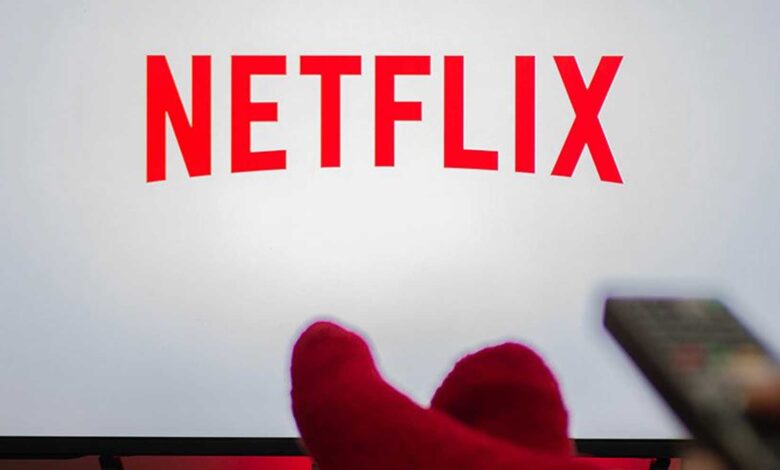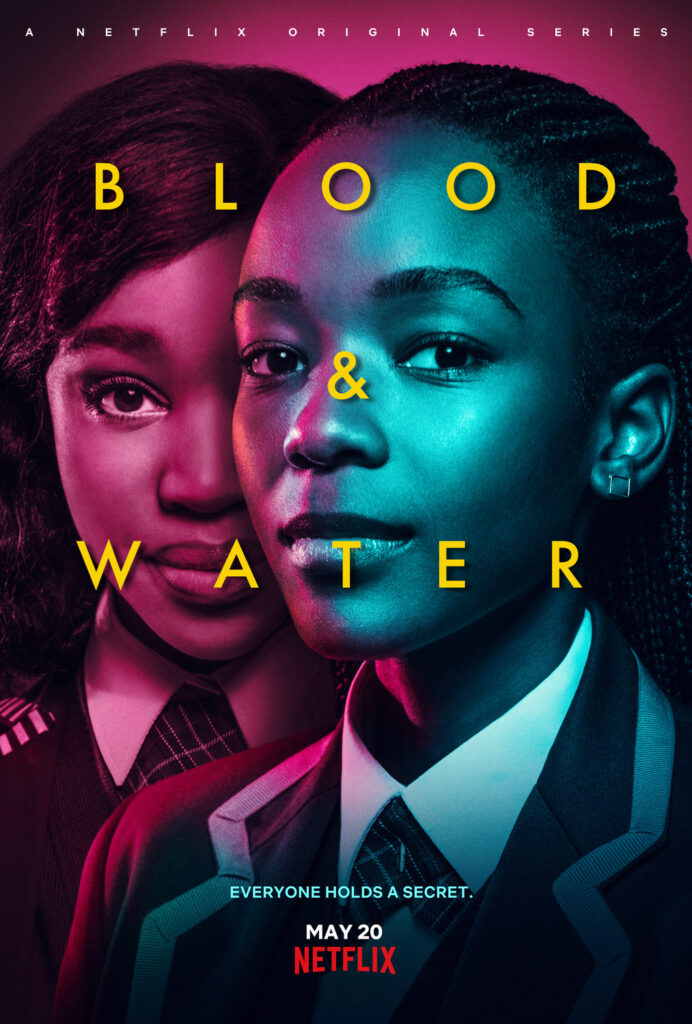How Netflix Survived and Thrived in the Competitive South African Streaming Market

How Netflix Survived and Thrived in the Competitive South African Streaming Market. When Netflix entered the South African market in January 2016, it was a move filled with promise but also significant challenges. Facing stiff competition from entrenched local players and navigating a unique cultural and economic landscape, the streaming giant had to adapt and innovate to secure its place in the hearts and homes of South African viewers. Today, Netflix has become a dominant force in South Africa’s streaming space, a journey marked by strategic decisions, resilience, and cultural alignment.
The Challenges of Entering a New Market
Upon its arrival, Netflix faced a host of challenges. The South African market was already home to MultiChoice’s DStv, a local giant with a stronghold on premium content and sports broadcasting. Netflix also had to contend with the economic realities of limited broadband access and data costs, which posed barriers to entry for many potential subscribers.
Furthermore, there was skepticism about whether Netflix could connect with South African audiences. Unlike its home markets, South Africa is a diverse, multilingual country with unique cultural preferences and viewing habits. To succeed, Netflix would need to offer more than just global content; it would have to become locally relevant.
Key Strategies That Drove Netflix’s Success

Local Content Investment
One of Netflix’s most significant moves was its decision to invest in local content. Recognizing that South African audiences wanted stories that reflected their own experiences, Netflix partnered with local filmmakers to produce original series and films. Hits like Queen Sono and Blood & Water not only showcased African talent but also resonated deeply with local viewers.
These productions proved that Netflix was serious about becoming a part of South Africa’s cultural fabric. By celebrating local narratives and providing a global platform for African stories, Netflix gained the trust and loyalty of its audience.
Affordable Access
Understanding the financial constraints of many South Africans, Netflix introduced mobile-only subscription plans at reduced prices. This innovative approach allowed more people to access the platform, even with limited data. The move was a game-changer, enabling Netflix to tap into a wider audience base and grow its subscriber count significantly.
Strategic Marketing and Partnerships
Netflix’s marketing campaigns in South Africa have been culturally attuned and impactful. By collaborating with local influencers and leveraging social media platforms, Netflix created buzz around its shows and built strong brand recognition.
Additionally, partnerships with telecommunications companies allowed Netflix to offer bundled deals that included subscriptions as part of data plans. These collaborations made it easier for users to stream content without worrying about excessive data costs, addressing one of the primary barriers to entry.
Continuous Innovation
Netflix’s ability to innovate has been another critical factor in its success. From introducing offline viewing options to improving compression technology for lower data consumption, the company continuously adapts to meet the needs of South African consumers.
Mistakes and Lessons Learned

Netflix’s journey in South Africa hasn’t been without missteps. Initially, the platform’s content library lacked local relevance, which alienated some viewers. Additionally, early marketing campaigns didn’t always address the unique preferences of the South African market.
However, Netflix quickly learned from these mistakes. By conducting extensive market research and listening to user feedback, the company adjusted its strategy to better align with local tastes. This ability to learn and adapt has been a cornerstone of Netflix’s success.
Capitalizing on Culture
One of Netflix’s most significant achievements has been its ability to tap into South Africa’s rich cultural diversity. By celebrating local languages, traditions, and stories, the platform has positioned itself as more than just a global streaming service—it’s become a part of the South African cultural conversation.
For example, the success of Blood & Water, a teen drama set in Cape Town, highlighted how well Netflix understood its audience. The show, featuring a predominantly black cast, touched on themes of identity, family, and societal issues, striking a chord with young South Africans.
Lessons for Aspiring Entrepreneurs
- Adapt to Local Markets: Success in a new market requires understanding local needs and preferences. Netflix’s investment in South African content exemplifies the importance of localization.
- Innovate to Overcome Barriers: By offering affordable plans and offline viewing options, Netflix addressed significant challenges in South Africa, a lesson in the power of innovation.
- Learn from Mistakes: Netflix’s ability to pivot and adjust its strategy underscores the value of resilience and adaptability.
- Celebrate Authenticity: Authentic storytelling and cultural alignment can create deep connections with your audience.
The Road Ahead

Netflix’s journey in South Africa serves as a testament to the power of strategic thinking, cultural sensitivity, and relentless innovation. As it continues to expand its presence, the company remains committed to showcasing African talent and breaking new ground in the streaming industry.
Netflix’s success offers a wealth of insights: understand your audience, embrace authenticity, and never stop innovating. These principles, when applied with determination and vision, can transform any venture into a success story.




